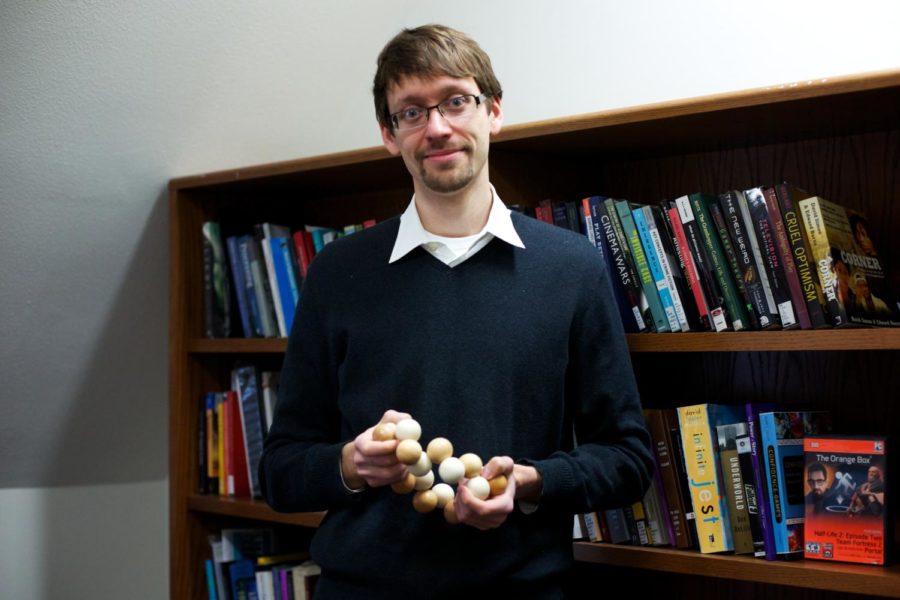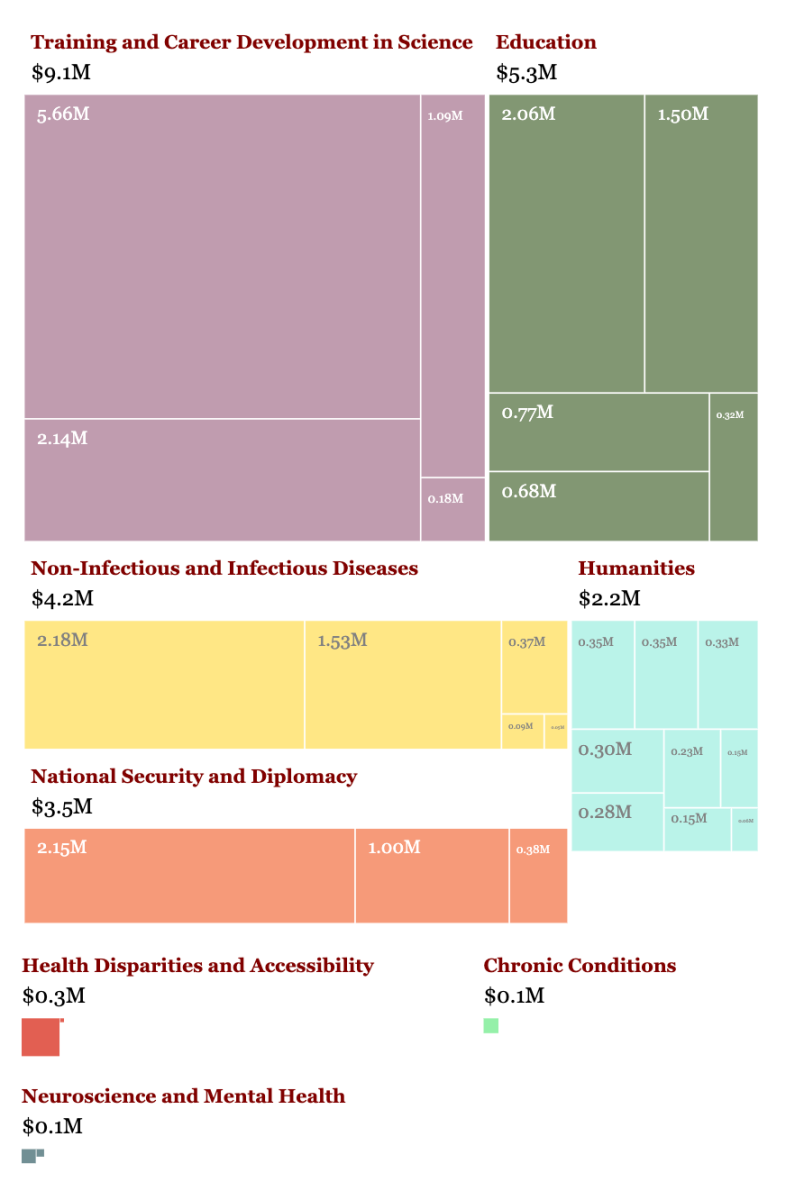GC: Describe your work in three sentences or less.
PJ: I’m interested in the ways the network arose as a material metaphor in the late 20th century. So, why it is that we use the metaphor of the network to describe economic systems, the Internet, terrorist networks, ecosystems? My work looks at the ways different cultural forms—the contemporary novel, films, television, video games, and transmedia games—mediate the network.
GC: What made you decide to look at games as a substitute for text?
PJ: Well, I think of them as types of text. I got my Ph.D. in English, and I started at first dabbling in film, television, and games and quickly discovered that given my topic—networks—I really needed to turn to these other forms. Since I was dealing with the late 20th and early 21st century, video games were as important as novels during this period, if not more so.
GC: So do you think of video games as both business and recreation at this point?
PJ: Increasingly they’ve become just straight business. There was a time I remember when I could play games entirely for pleasure, but I don’t know. It’s a little bit of both. The central problem for me is networks, and the second concept I’m working through in different ways is play—what is human play, how do new media allow us to play in different ways?
GC: Have you encountered grumpy old professors who refuse to take video games seriously?
PJ: Faculty at the University of Chicago are incredibly curious and open-minded, and I oftentimes expect to receive more resistance than I do. People are interested in the ways I can think through different concepts such as networks, play, and action, through this new form. People want to share in the work and experience games that they might not otherwise be playing, or think about how categories central to a discipline such as English, like narrative or aesthetics, might help us think about this new form.
GC: Roger Ebert, who was actually an English Ph.D. candidate here, generated a lot of controversy a couple years ago for arguing that video games aren’t art.
PJ: I don’t want to get into that debate. The problem with that debate is before determining whether or not video games are art or can be art, you have to determine what you mean by art.… And there are about 50 different definitions that I could think of. Can a video game be as good as a novel in the ways that a novel is as good? No, of course not. But videogames can do things that other forms can’t. So I think whenever you are determining whether something is or is not an art form, you need a kind of medium-specific definition of art. I’m very sympathetic towards Ebert’s argument, but he’s really basing his criteria on film and not on games, and he’s not a gamer.
GC: On top of your research and game designing, you’re pretty well respected as a teacher. I was looking through your course evaluations and one of them simply said, “This guy is a baller.”
PJ: (Laughs) I’m not sure I can come out with an official response to that. That’s very kind.
GC: What do you think students like about your teaching style?
If you’re always lecturing or always having the same kind of discussion, the collective thought work becomes stale. I like to throw people off their game.… It is very easy for certain classes to drift toward book clubs or TV viewing parties, but it’s a total gift to be at a place like the University of Chicago and to have students who are excited and passionate about the material but also willing and eager to be serious about it. Play to me is one of the most serious things of all.
GC: What are your plans for the next few years?
PJ: When I first came here as a postdoc I made a connection with Melissa Gilliam, who’s a professor of obstetrics and gynecology, and we started running a series of experimental workshops that became an initiative called Game Changer Chicago. This initiative uses digital storytelling and game design to work through various health issues with youth, especially high school–aged youth… They’re co-creating digital stories that have to do with everything from sexually transmitted infections to sexual violence to gender issues. It started as a series of small projects and recently we’ve gotten the funding to scale up… So part of my work is obviously working on my networks book, part of it is working on all of these articles around games and play, but at the same time I’m really trying to produce this lab with Melissa and make it something that’s a mainstay at the University of Chicago.
See the full interview feature here.









